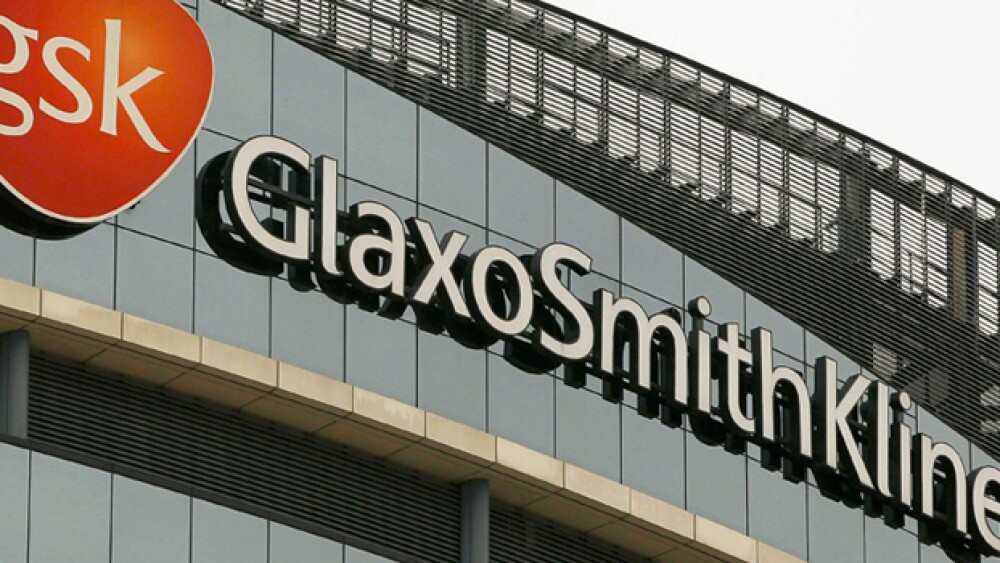Earlier this month, Pfizer’s chairman and CEO, Ian Read, said he was considering selling the company’s Consumer Healthcare business, or possibly spinning it off.
Earlier this month, Pfizer’s chairman and chief executive officer, Ian Read, said he was considering selling the company’s Consumer Healthcare business, or possibly spinning it off. It now appears to be gaining some momentum, with the UK’s GlaxoSmithKline a potential buyer.
Pfizer Consumer Healthcare has at least five major categories: dietary supplements, pain management, gastrointestinal, respiratory and personal care. Brand name products include Centrum, Caltrate, Emergen-C, Thermacare, Nexium 24 Hour, Robitussin, ChapStick and Anbesol. Ten of the company’s brand each exceeded $100 million in sales in 2016. The unit had total sales of $3.4 billion last year.
In an October statement, Read said, “Pfizer Consumer Healthcare is a leading player in the largest OTC categories, with iconic brands, robust retail partnerships, global reach and strong fundamentals. Although there is a strong connection between Consumer Healthcare and elements of our core biopharmaceutical businesses, it is also distinct enough from our core business that there is potential for its value to be more fully realized outside the company. By exploring strategic options, we can evaluate how best to fuel the future success and expansion of Consumer Healthcare while simultaneously unlocking potential value for our shareholders.”
Germany’s Merck KGaA is also considering selling off its consumer product brand. GSK’s chief executive officer, Emma Walmsley, told reporters recently, “We would look at these assets and really look at them carefully in terms of their complementarity … but it is a question of looking at them and making sure we stay focused on returns. Our first priority is focused on improving our largest business, the core pharma business, and R&D within that.”
Most analysts think the Pfizer Consumer Healthcare unit would cost around $15 billion, potentially more. That would be manageable for GSK, but it would limit its options in other areas. And many investors are concerned that a large deal like Pfizer would inhibit GSK’s ability to pay a dividend. “Investors remain focused on the safety of the dividend,” Leerink analyst Seamus Fernandez told Reuters.
Merck’s consumer health division has a lower valuation and most analysts think it would run around $4.5 billion. Its products aren’t as well known in the U.S. as Pfizer’s, but includes Seven Seas, Cebion, Neurobion, Bion and others.
And if GSK did go after either Pfizer or Merck’s consumer healthcare divisions, it likely would face competition. Other possible bidders include Reckitt Benckiser, Procter & Gamble, and Nestle.
GSK also already has a minority stake in its consumer health joint venture with Novartis. Novartis hints quite regularly it might sell its consumer health stake, but mostly it appears to be feelers to gauge interest. Analysts project that would cost about $10 billion.
Walmsley has said the Merck consumer health business was of potential interest, but wouldn’t move the dial as much as a Pfizer deal.
Meanwhile, GSK announced a 4 percent increase in its third-quarter sales, while Walmsley’s cost cuts and portfolio and pipeline changes are keeping the company on track to meet is annual financial targets. Adjusted earnings per share rose 3 percent, exceeding analyst projections, although not dramatically. “These are very much a ‘business as usual’ set of numbers,” Steve Clayton, manager of the HL Select UK Income Shares fund, told Reuters.





